Smashing stereotypes: Indonesia’s all-female metal band Voice of Baceprot rocks Glastonbury

“They are not only the first band from Indonesia, but also the first Indonesian band of young women wearing headscarves to play heavy metal,” he said earlier this week.
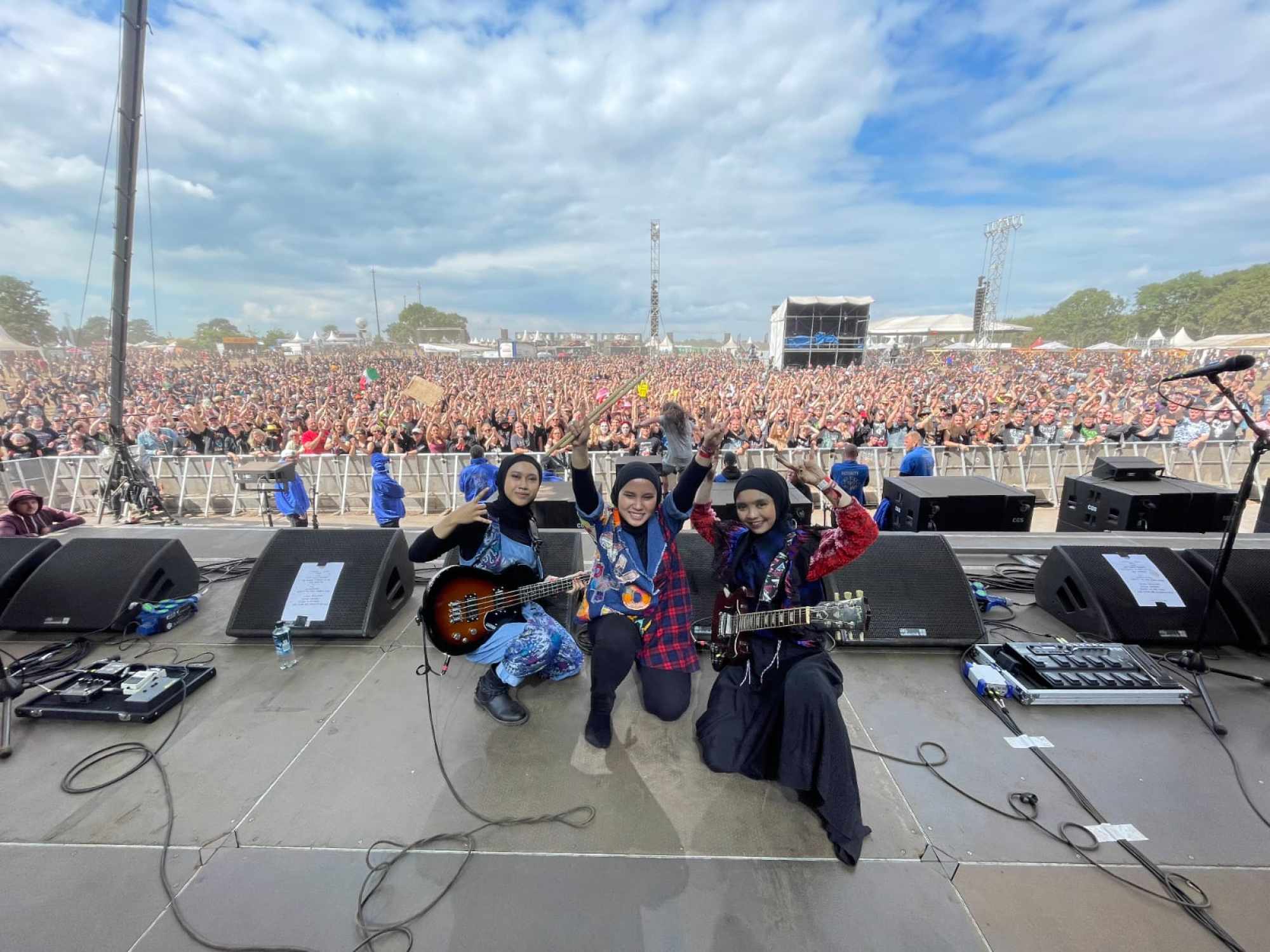
But the road to performing at one of the world’s biggest music events was not smooth for the band members, who grew up in a conservative farming town in Garut in West Java.
For years, the trio had to fight against deep-rooted stereotypes and prejudices to gain a place in Indonesia’s male-dominated metal scene.
“At first, our community didn’t really support what we were doing,” said 24-year-old lead singer Firda “Marsya” Kurnia.
“The people in our village thought heavy metal was the devil’s music. It took a while for them to understand us and our music and that we are not automatically bad people just because we play metal. Now at least people don’t judge us to our faces anymore.”
The band was formed in 2014 and the “Baceprot” in their name means “loud” in the regional Sundanese language spoken in West Java.
In an interview with This Week in Asia, Marsya recounted how she met her bandmates – 24-year-old drummer Euis Siti Aisyah and 23-year-old bassist Widi Rahmawati – at school when they were all just 14 years old.
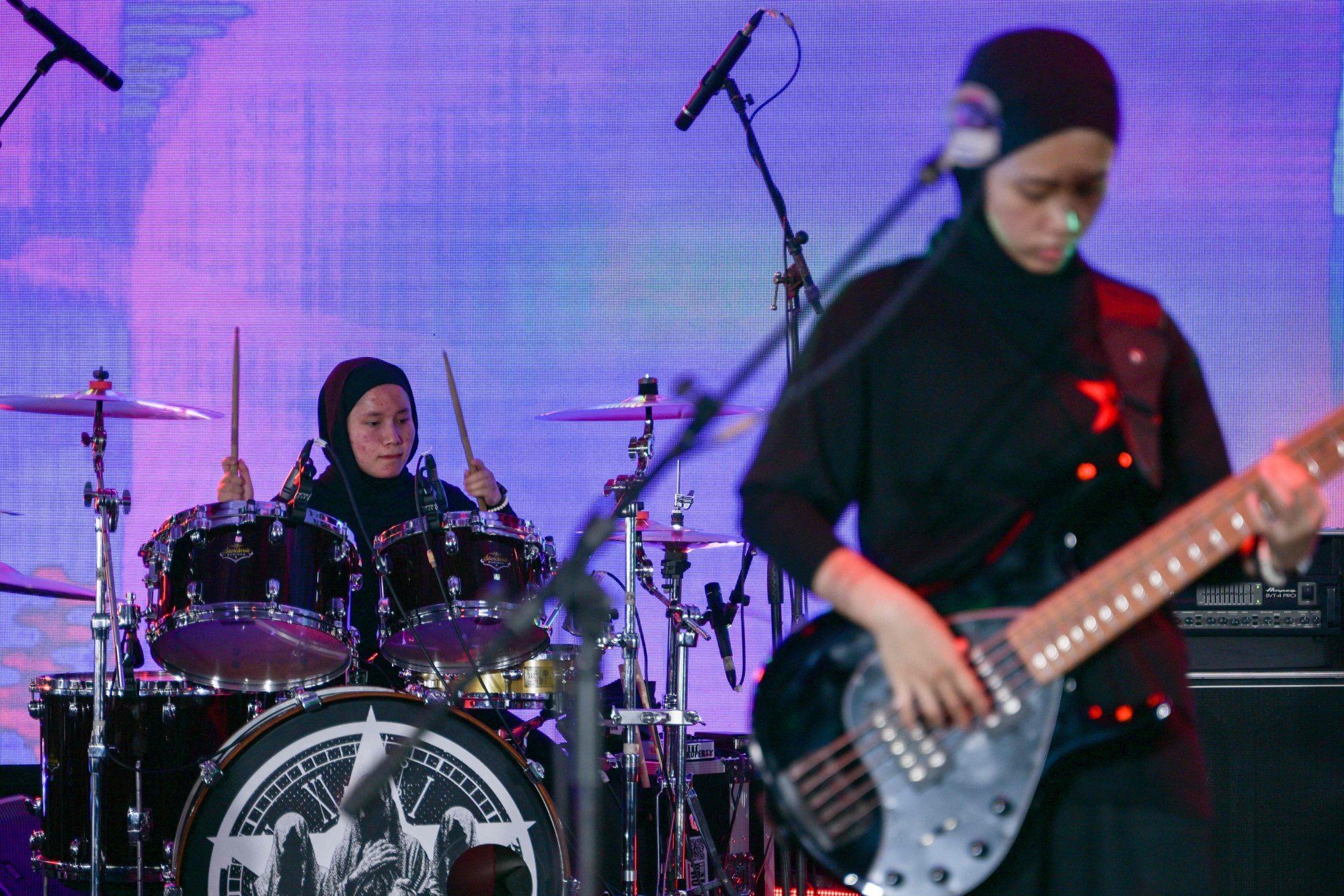
Marsya said they found their true calling when a teacher suggested they put their energy into an extracurricular activity like music.
The girls took the advice and attended an after-school program. One day, they were browsing through their music teacher’s laptop and discovered the bands that would become their musical heroes and influences – System of a Down, Rage Against the Machine and the Red Hot Chili Peppers.
Unfortunately, the trio’s new-found passion was met with rejection by their parents.
“Our parents all come from very humble backgrounds… they work as farmers,” said Marsya. “None of us have musicians in the family.”
Siti said her parents initially opposed her interest in music. Attending after-school classes to play in the band meant she had to come home late, which was frowned upon in her conservative village.
“I think my parents felt influenced by our neighbours… I came home around 5pm to attend music lessons and it was considered wrong for girls in the village to come home so late, just before the evening,” Siti said.
Widi’s parents were happy that music brought her out of her shell, but became worried when it seemed like “music was the only thing I wanted to do,” she said.
The trio persevered despite all the odds, and Marsya said her parents gave in when they realized they “couldn’t keep us away from music.”
The group began sharing their work on Facebook and YouTube, gaining fans with their wild “Rage Against the Machine” covers as well as their own material.
Then came greater international attention, including praise from some superstars. Red Hot Chilli Peppers bassist Flea once tweeted that he was “so down with Voice of Baceprot.”
“I think when we started to become popular, there were opportunities to appear on television and perform on shows… that’s when our parents started to support us more,” Siti said.
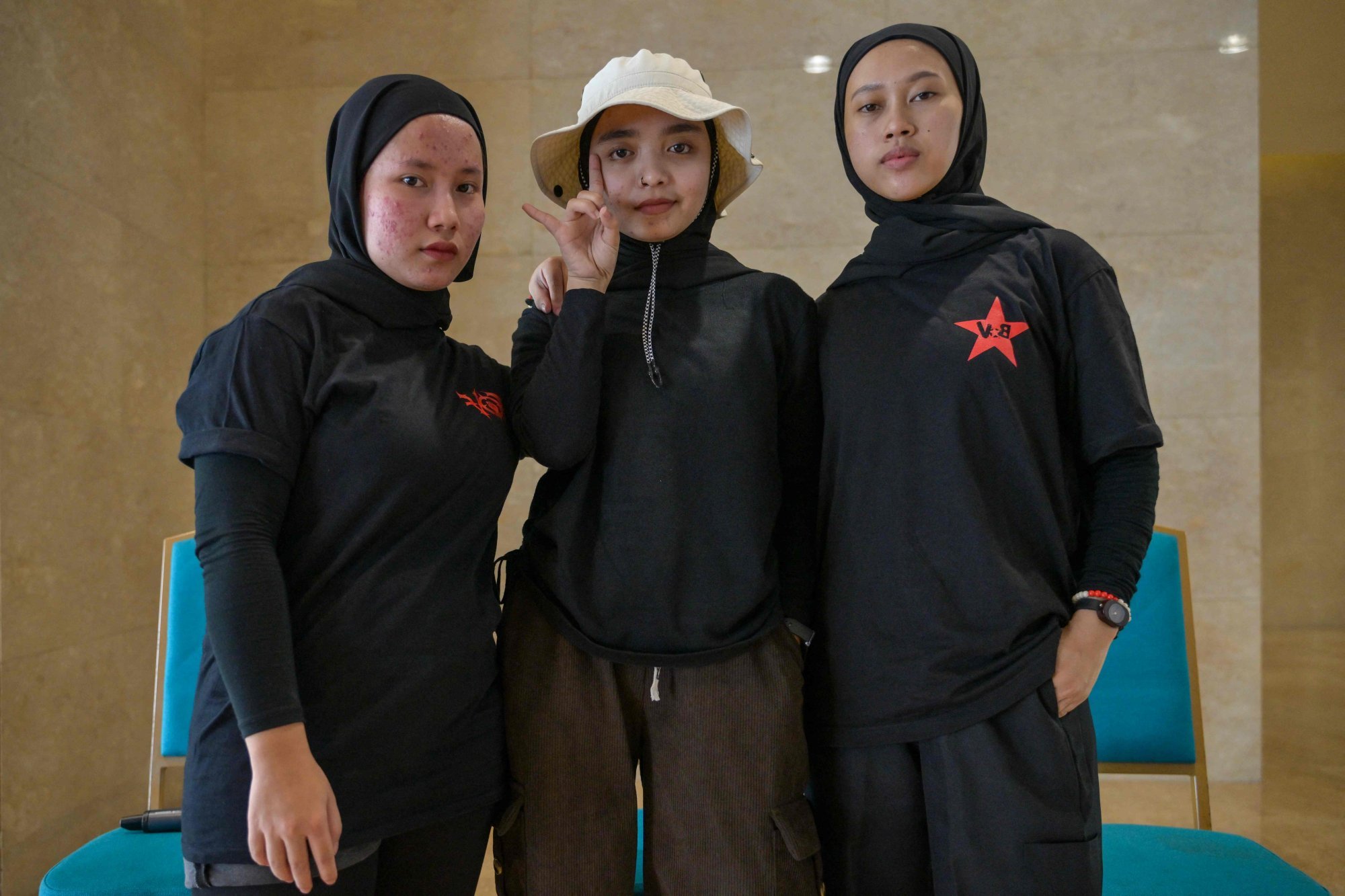
Fighting the critics
All three band members are practicing Muslims and make it a point to pray together before the performance.
Some of their critics have used their religion as a target, calling their music “haram” or “forbidden in Islam.” The band responds to such attacks by asking why Indonesian male musicians are not subjected to the same criticism. “Why only the women?” they ask.
“At the beginning, we faced a lot of hate and attacks both online and offline. People even came to our concerts to criticize us,” Marsya said. “Online, we got comments from people saying they would buy our albums, only to burn them all.”
She recounted an experience in which a stranger threw a rock at her as she was on her way to a band practice in Garut, a stark reminder of the physical danger they could face when pursuing their passion.
One of her biggest hits, God, please allow me to play music, is a direct response to the criticism and attacks they have been subjected to.
“Why do many people today use their religion to kill music?” the lyrics ask. “I’m not the corrupter. I’m not the enemy. I just want to sing a song to show my soul.”
“We were so tired of having to respond to the haters and threats every day,” Marsya said. “So we decided to write a song about it. That way, anyone who has a problem with us can just hear our response in our song.”
The band also wants to use their music to help destroy the image of Indonesia as an ultra-conservative Islamic nation – a misconception that they believe is widespread in the West.
“Sometimes they compare it to a country like Afghanistan,” Marsya said. “But Indonesia is not like that. As women, we can still make music… There may be some people who don’t agree with what we do as young female musicians, but we can still get on stage and keep going.”
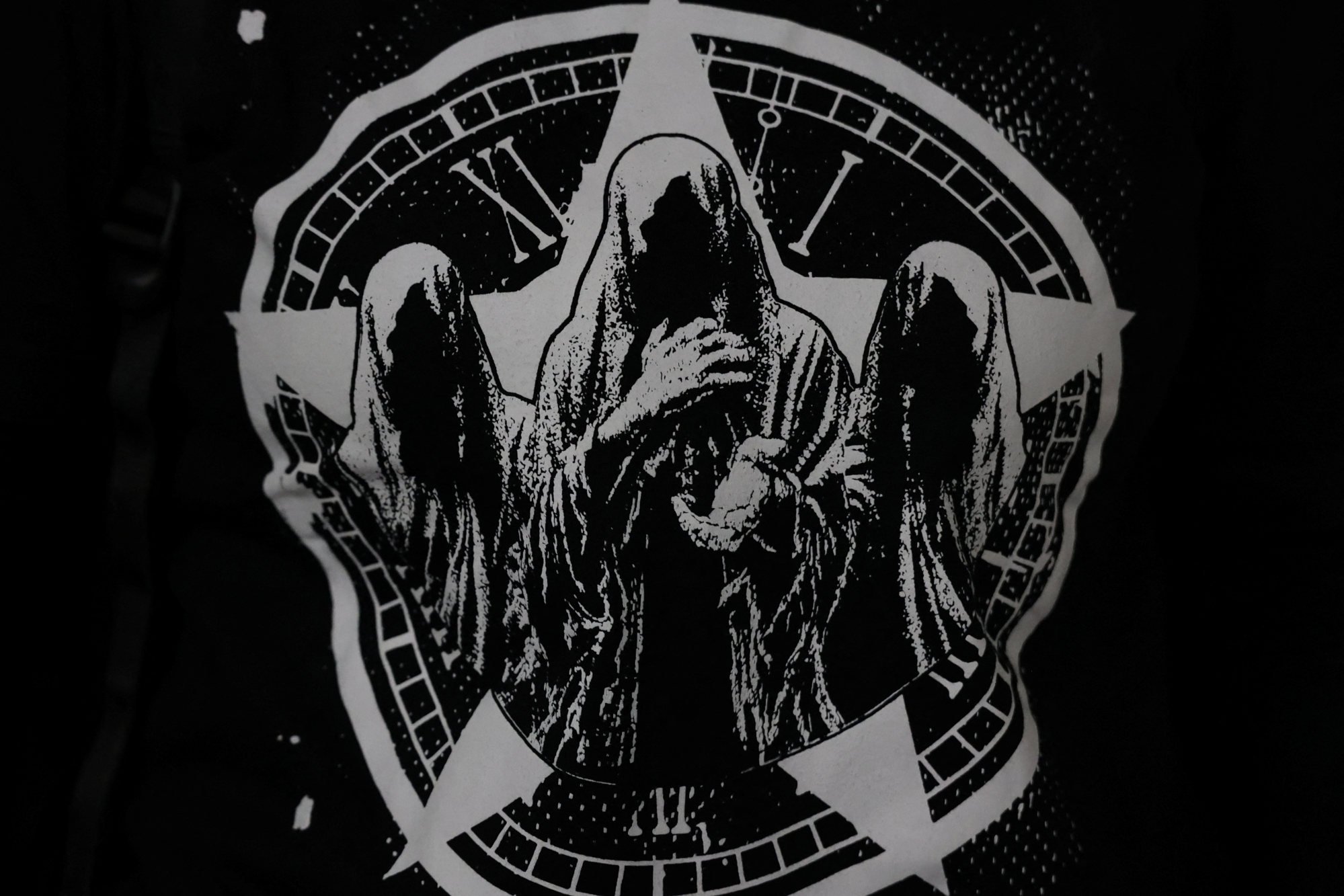
looking ahead
The band has played festivals and toured cities across the US, Europe and Asia, but they describe their Glastonbury performance as a truly “surreal moment” in their career.
“Glastonbury was huge news for us. We are still very surprised, nervous and excited,” Marsya told This Week in Asia a few days before her performance.
“It’s a lot of pressure when we’re told that we’re representing Indonesia on this stage, so sometimes it’s hard to think about it… but we’re proud of it.”
The Glastonbury performance has thrilled the band’s Indonesian fans, including Surabaya-based Eko Dharmawan, who said it was surreal to see them perform at such a “huge festival”.
Eko, 27, became a fan of the band after seeing a video of them covering a System of the Down song a few years ago.
“I find them so creative and unique… I hope they become even more popular around the world,” he said.
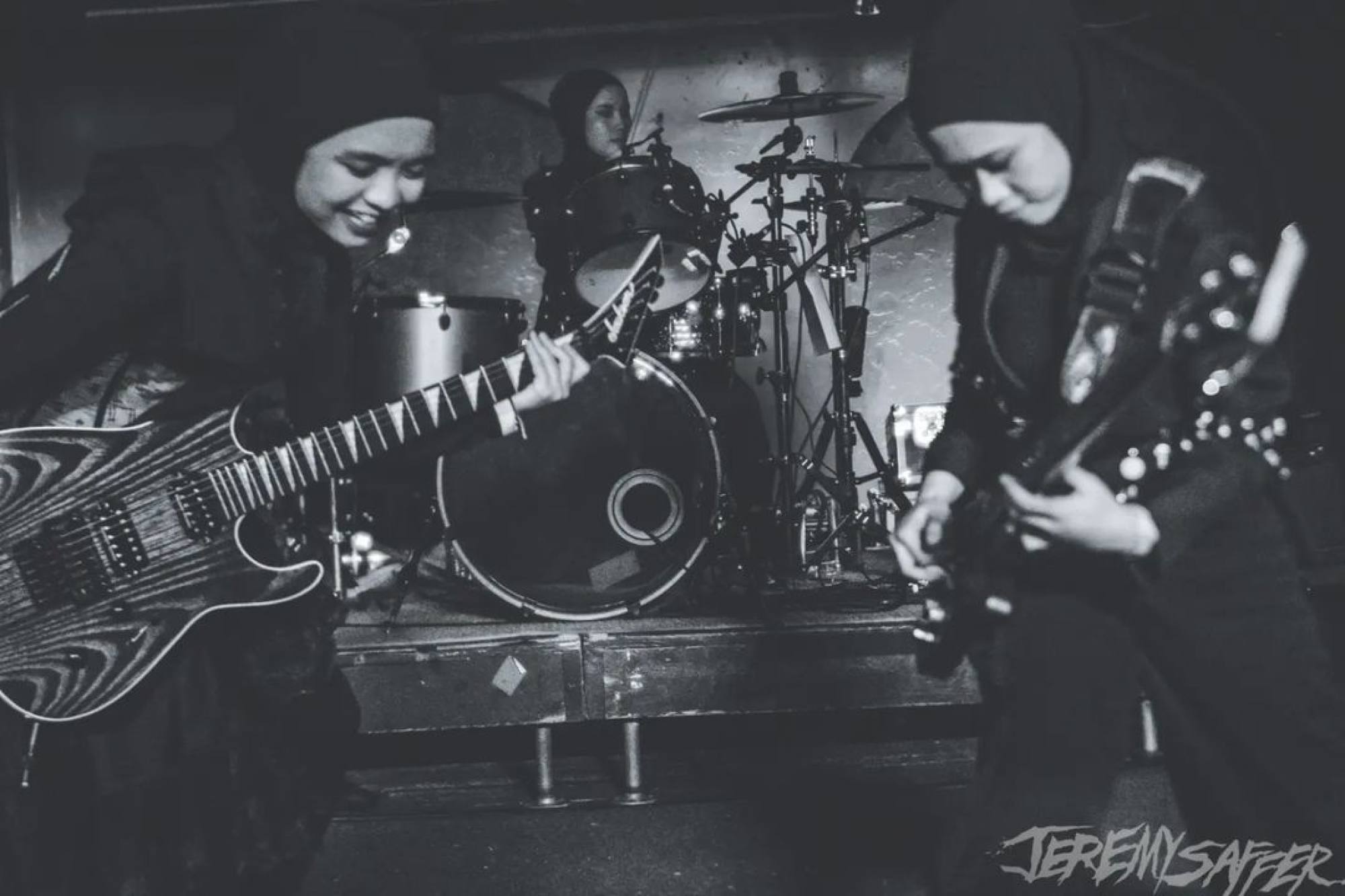
As Voice of Baceprot gains worldwide fame and recognition, the band members have big plans for the future. Widi says she would like to have her own studio in Garut so they can record their music closer to home. They recently left their record label to become independent after realizing that being part of a label placed too many restrictions on their public image.
They have already performed at local festivals in Jakarta, Bandung and Yogyakarta, but say they hope to tour more cities in Indonesia. Siti says they are also looking forward to more performances around the world and recording more albums.
The group released their first album, “Retas,” in 2023 to “show the world that we are more than just a cover band,” Marsya said, adding that their original music has given them the opportunity to discuss issues important to them, including women’s rights and environmental protection.
“Music is a bridge that we can use to connect with people from different backgrounds and different ages,” she said. “We hope we can continue to do that.”
Additional reporting by Agence France-Presse
Related Posts

This is how a fan got to know her

EXCLUSIVE: Black people in Surrey want a say in police changes

